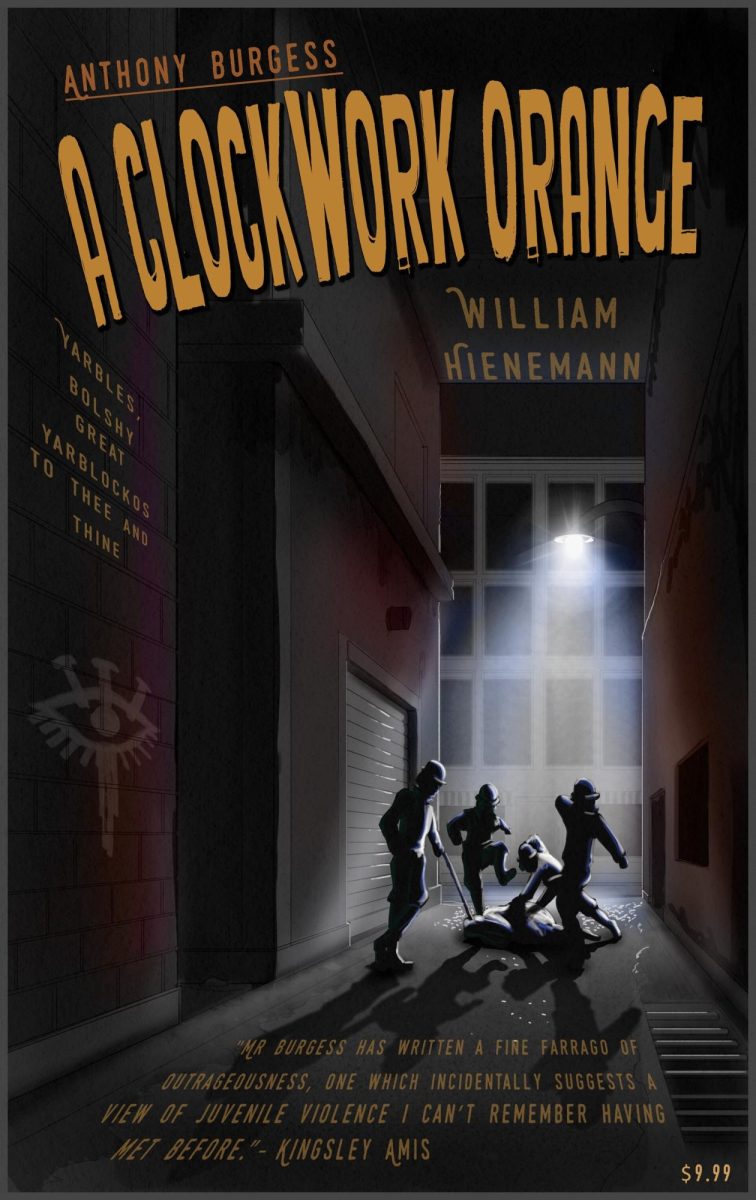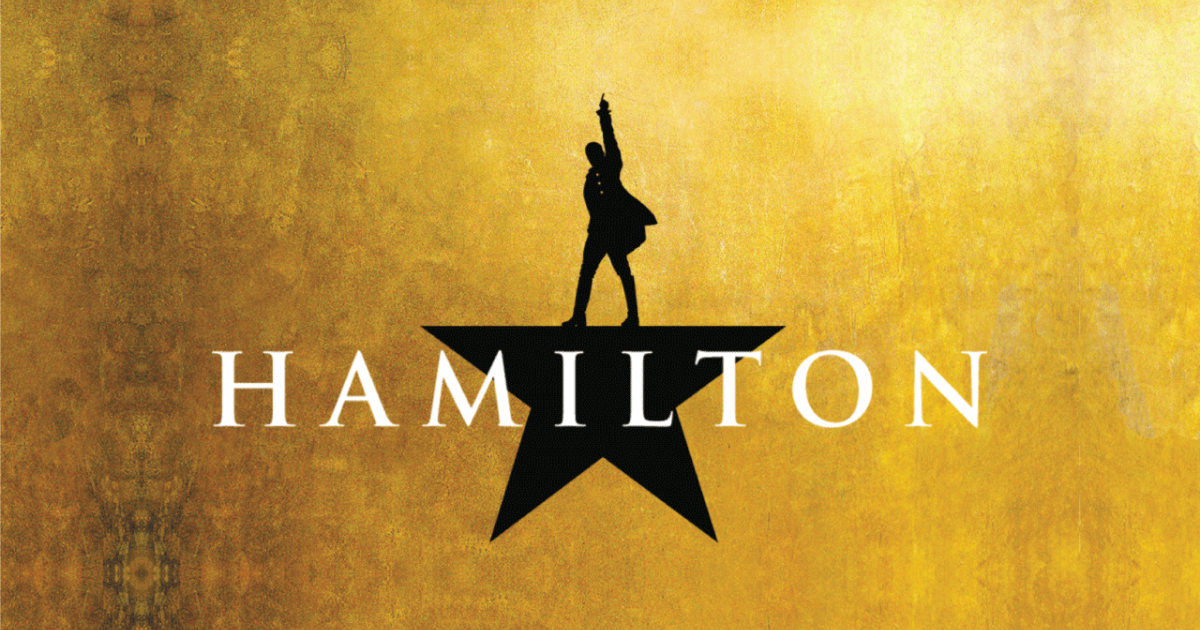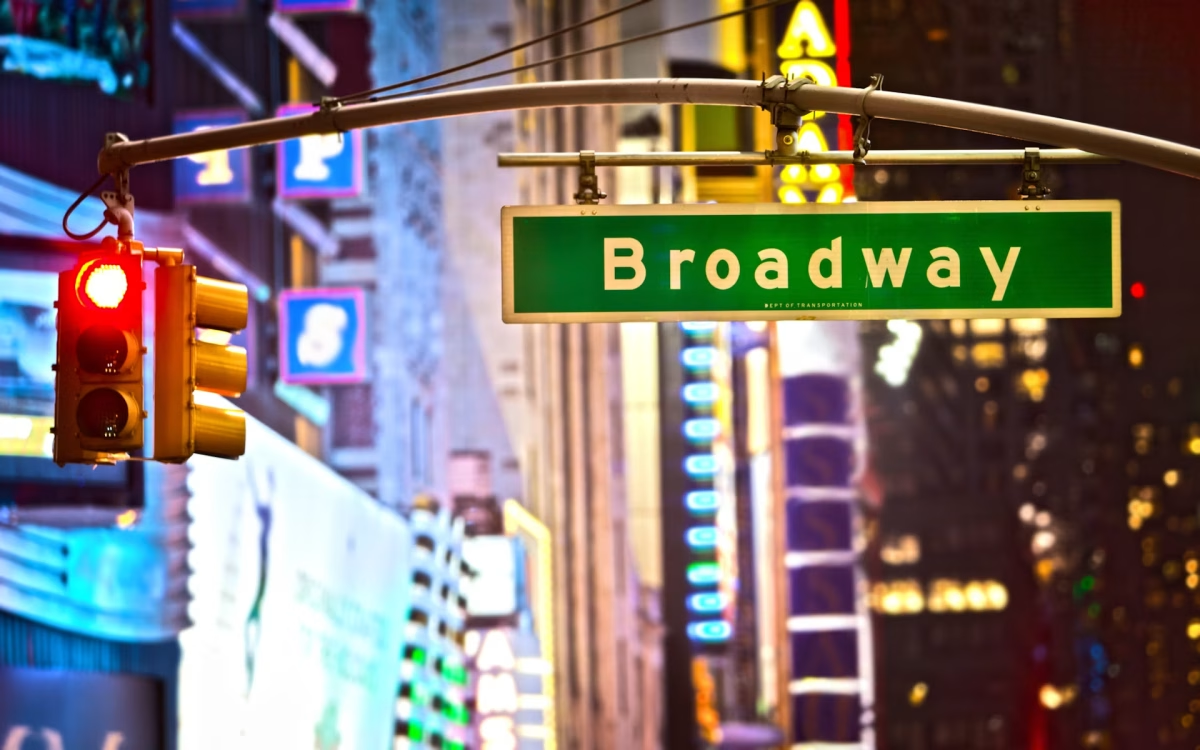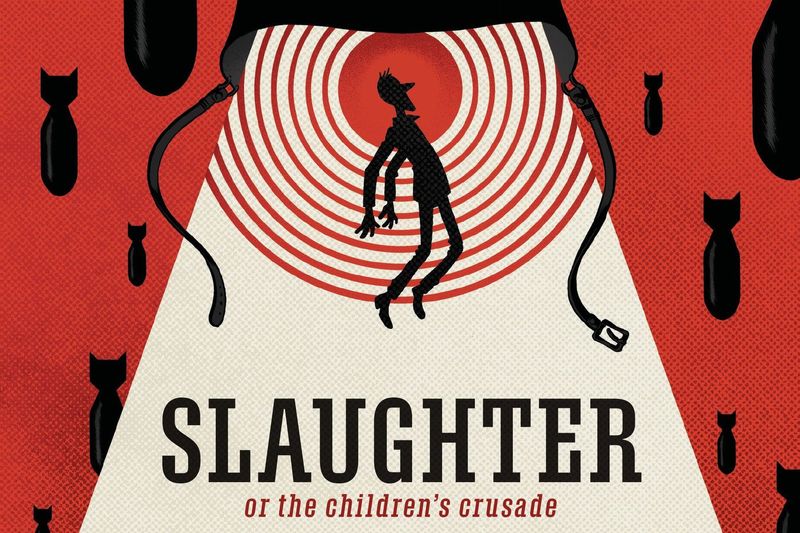Benjamin Franklin once said, “Those who would give up essential liberty to purchase a little temporary safety, deserve neither liberty nor safety.” To an extent, he is correct. Freedom of choice is what distinguishes us from machines. Freedom of choice is freedom of expression, and freedom of expression is the reflection of our natural, human emotions. The issue arises when one considers the implications of this. In and of itself, the expression of ALL emotions entails the liberty to commit heinous acts of aggression or worse.
The issue of our extensive range of emotions is the exact reason that a “Utopia” cannot exist- it is an oxymoron. How can one create a picturesque world of safety while preserving autonomy? That being said, if one is “free” in a completely anarchist society, is one truly free? Both concepts cannot coexist in a whole manner; an in-between must be found.
Burgess’s novel A Clockwork Orange explores this balance, and how far society is willing to go to establish “peace”. The story is set in a world where the younger generation seems normal by day, but partakes in brutal gang violence by night. Alex, the protagonist of the novel, is the ringleader of a particularly vicious gang, and this is what sets the plot into motion.
In a world ruled by violence, there is no trust, no loyalty, and no camaraderie. In what is perhaps a predictable turn of events (though jarring for Alex nonetheless), his gang mutinies against him and delivers him to the authorities, placing him in the clutches of a twisted justice system where the cops are as bad as the criminals.
The police, as Burgess says, are just “a kind of alternative criminal body.” This, as well, ties in with the balance of peace and power. In order for there to be peace and ward off lawlessness, there has to be a governing body imposing order upon the people. But as history has disastrously proven time and time again, where there is power, there will always be corruption.
Yet, there is one more option. What if instead of an external regulator, the enforcement came from inside? This is what the law has in mind when Alex is selected to be the first test subject for what is known as “Ludovico’s technique”
At the surface level, it is merely a harmless method to condition the human mind to abhor violence. The details of the process are simple. The subject is injected with a sort of poison that causes him/her to feel sick. The subject is then forced to watch films depicting acts of violence while under the influence of the drug. The cycle is repeated each day for a week—rendering them unable to commit or even think about violence without feeling fiercely unwell.
Ludovico’s Technique would be a wonderful idea if it weren’t for the simple fact that the fundamental aspects of the person’s mentality remain unchanged. If the only thing that is fixed is the person’s right to self-expression, then nothing has been fixed at all.
Unable to cope with his mental cage, Alex commits suicide- further exemplifying how surface-level this behavioral therapy really is. His attempt fails, and he soon finds himself in the hospital. All the effects of his ordeal have been removed, as per the requests of a certain political group, and will remain undiscussed for the purpose of this article.
Alex rejoices. He is, as he says, “cured all right.” Except, he is only cured of the nausea-inducing effects of Ludocivo’s Technique. It is a purely counterintuitive form of therapy because forced abstinence only intensifies Alex’s craving for violence. He throws himself into the gang life with renewed fervor. He has officially come full circle, maybe even becoming more violent than before. For a few years, Alex leads his own gang, completely unchanged.
The story ends when Alex runs into one of his original gang mates at a cafe. The man in question has settled down and started a family. Struck with a sudden pang of longing, Alex too makes up his mind to leave his life of crime behind. In the end, what changes Alex’s ways is not any kind of rectificatory treatment imposed upon him, but his own journey through the human experience. As Burgess himself said, “Goodness is something chosen. When a man cannot choose, he ceases to be a man”.









